
Posted on May 20, 2022
It is a pleasure to announce that M2PL has graduated 17 students in the Autumn graduations.
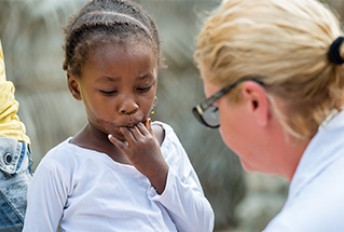
Posted on April 25, 2022
The UP ISMC focuses on the human, parasite and vector aspects when addressing malaria control and elimination challenges, and is already making tangible contributions towards mitigating malaria through several approaches.
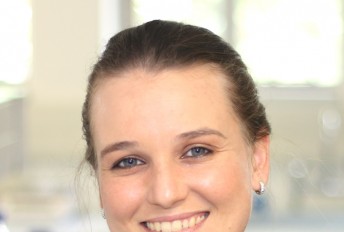
Posted on April 25, 2022
NAS Featured scientist: Dr Dina Coertzen Senior Postdoctoral fellow: Malaria Parasite Biology and Drug Discovery laboratory (M2PL), Department of Biochemistry, Genetics and Microbiology
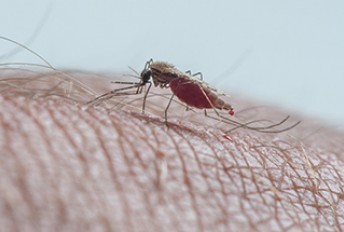
Posted on December 06, 2021
The world is making progress in its fight against malaria, averting 1.5 billion cases of the disease and preventing 7.6 million deaths since 2000. This is largely thanks to a combination of several vector control tools.

Posted on November 29, 2021
“The impact of art on a scientific topic is creating new opportunities to make research more accessible.” – Prof Tiaan de Jager of the UP Institute for Sustainable Malaria Control.
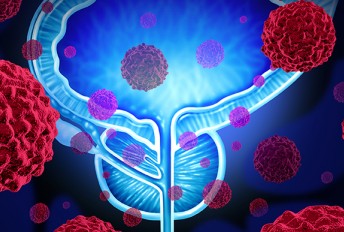
Posted on November 29, 2021
The Southern African Prostate Cancer Study, of which UP’s Prof Riana Bornman is clinical leader, uses a ‘grassroots to cloud’ approach to track the cause of prostate cancer in Southern African black men.
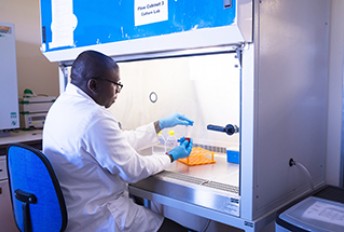
Posted on November 06, 2021
Malaria elimination in the SADC region by 2030 is possible by incorporating various innovative strategies along with existing control measures, and community participation, say UP's Prof Tiaan de Jager and Dr Taneshka Kruger.
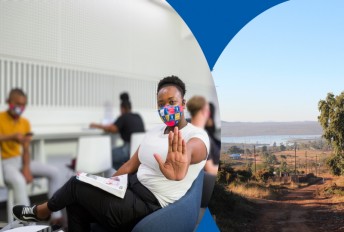
Posted on November 04, 2021
The University of Pretoria Institute for Sustainable Malaria Control has been awarded a R13m Bill & Melinda Gates foundation grant to develop and deliver a leadership and management training course to drive malaria eradication.

Posted on August 30, 2021
Globally, women researchers are making huge contributions towards the sustainable control and elimination of malaria. At the University of Pretoria Institute for Sustainable Malaria Control (UP ISMC), researchers look at malaria from a holistic point of view encompassing all components of the...
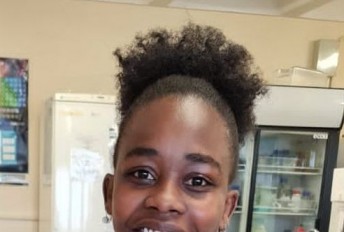
Posted on August 18, 2021
Women's Month: Focus on Ms Meta Leshabane
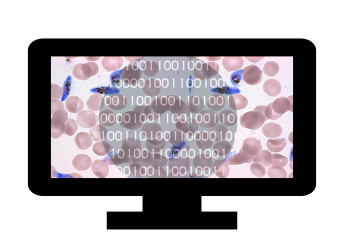
Posted on August 11, 2021
With the rapid emergence of resistance towards current antimalarial drugs, the progress made in eliminating malaria has come under threat. This highlights the need for new antimalarial drugs with novel modes of action. However, the process of antimalarial drug discovery is time consuming and...
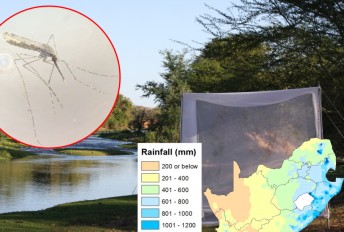
Posted on May 24, 2021
The British Council funded Researcher Links Climate Challenge Workshops are aimed at harnessing the power of people globally, particularly early career researchers (ECRs), and those most vulnerable to the effects of climate change

Posted on May 18, 2021
Mosquitoes find themselves in complex environments filled with many different cues or stimuli. Locating their preferred host involves a series of behavioural steps. This starts with the mosquito becoming aware of the host.

Posted on May 16, 2021
Numerous repellent-based products, such as creams, roll-ons and sprays, are available on the market for outdoor protection. Most of these have a very short period of protection – a few hours. People need to be protected from mosquito bites for longer.

Posted on May 12, 2021
The University of Pretoria Institute for Sustainable Malaria Control (UP ISMC) turns 10 on 12 May 2021. Primarashni Gower spoke to the institute’s Director, Professor Tiaan de Jager, who is also Dean of the Faculty of Health Sciences.

Posted on April 29, 2021
For a decade, the ethos of the University of Pretoria (UP) Institute for Sustainable Malaria Control (UP ISMC) has been to transcend disciplines to allow for transdisciplinary collaborations and translational applications towards malaria elimination, as outlined in a paper published in Malaria...
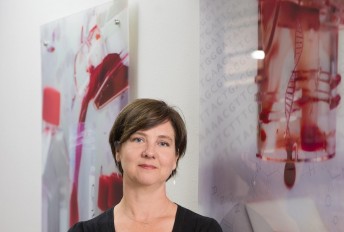
Posted on April 25, 2021
Featuring a scientist in Natural and Agricultural Sciences (NAS): Prof Lyn-Marie Birkholtz (Professor in Biochemistry and Director of the DST/NRF South African Research Chair (SARChI) in Sustainable Malaria Control. She also leads the Parasite Cluster in the UP Institute for Sustainable Malaria...
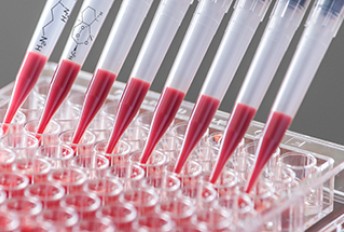
Posted on January 11, 2021
The discovery involves the identification of unique compounds that are able to kill several stages of the malaria-causing parasite and can block the transmission of the parasite between humans and mosquitoes.
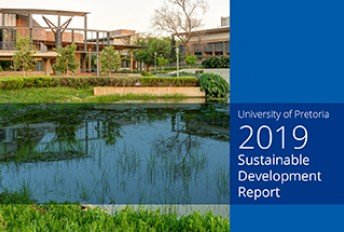
Posted on December 15, 2020
“Universities are an integral part of society and our success is dependent on a society and world that is thriving, where human dignity and justice are paramount, all people are able to reach their full potential with nobody being left behind, and our development does not happen at the...
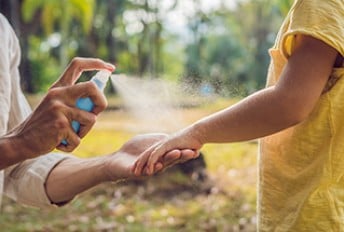
Posted on December 15, 2020
The best way to prevent getting malaria and other mosquito-borne diseases is to avoid getting bitten by mosquitoes. Dr Taneshka Kruger, project manager at UP’s Institute for Sustainable Malaria Control, shares tips on just how to do that.
Copyright © University of Pretoria 2025. All rights reserved.
Get Social With Us
Download the UP Mobile App